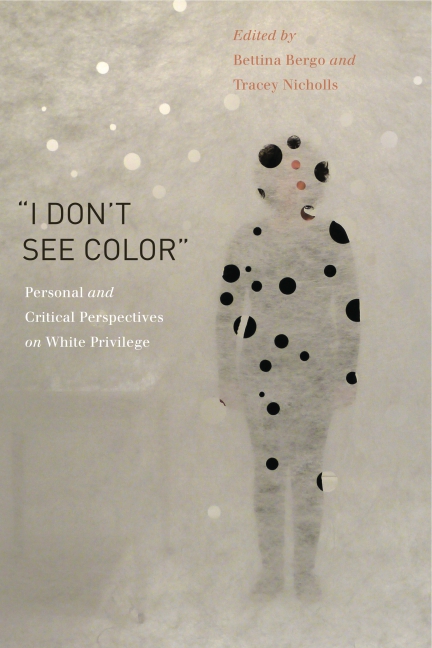National Geographic acknowledges its racist past, then steps on its message with a cover photoPosted in Articles, Communications/Media Studies, Media Archive, Social Justice, Social Science, United States on 2018-03-18 04:12Z by Steven |
National Geographic acknowledges its racist past, then steps on its message with a cover photo
The Washington Post
2018-03-16
Victor Ray, Assistant Professor of Sociology
University of Tennessee. Knoxville
National Geographic has long offered a kind of pop-cultural imperialist anthropology that centers the white gaze and exoticizes people of color. The current issue of the magazine makes a brave attempt to deal with that messy history around race and racism.
To get an outsider’s view of its coverage of race, National Geographic hired the University of Virginia history professor John Edwin Mason, who studies the history of photography and African history. Mason found that the magazine was often on the wrong side of racial history. For instance, it glossed over the historical significance of the brutal 1960 Sharpeville Massacre, in which white South African police killed 69 unarmed peaceful protesters.
National Geographic’s editors rarely questioned the colonial legacy and power relations that allowed its photographers and writers to shape a global conversation on race and difference that was too accommodating to white supremacy. I was happy to see the magazine take up the laudable goal of addressing its racial history. Many mainstream publications, were they to examine their own history surrounding coverage of race and the protection of white supremacy, would probably not fare much better than National Geographic.
Unfortunately, the cover story for this issue traffics in the very racial cliches the magazine’s editor says National Geographic was guilty of in the past. The cover photo depicts 11-year-old mixed-race twin girls, with the tabloid-esque framing that one is black, the other white. And the headline makes the grand claim that the girls’ story will “make us rethink everything we know about race.”…
Read the entire article here.



